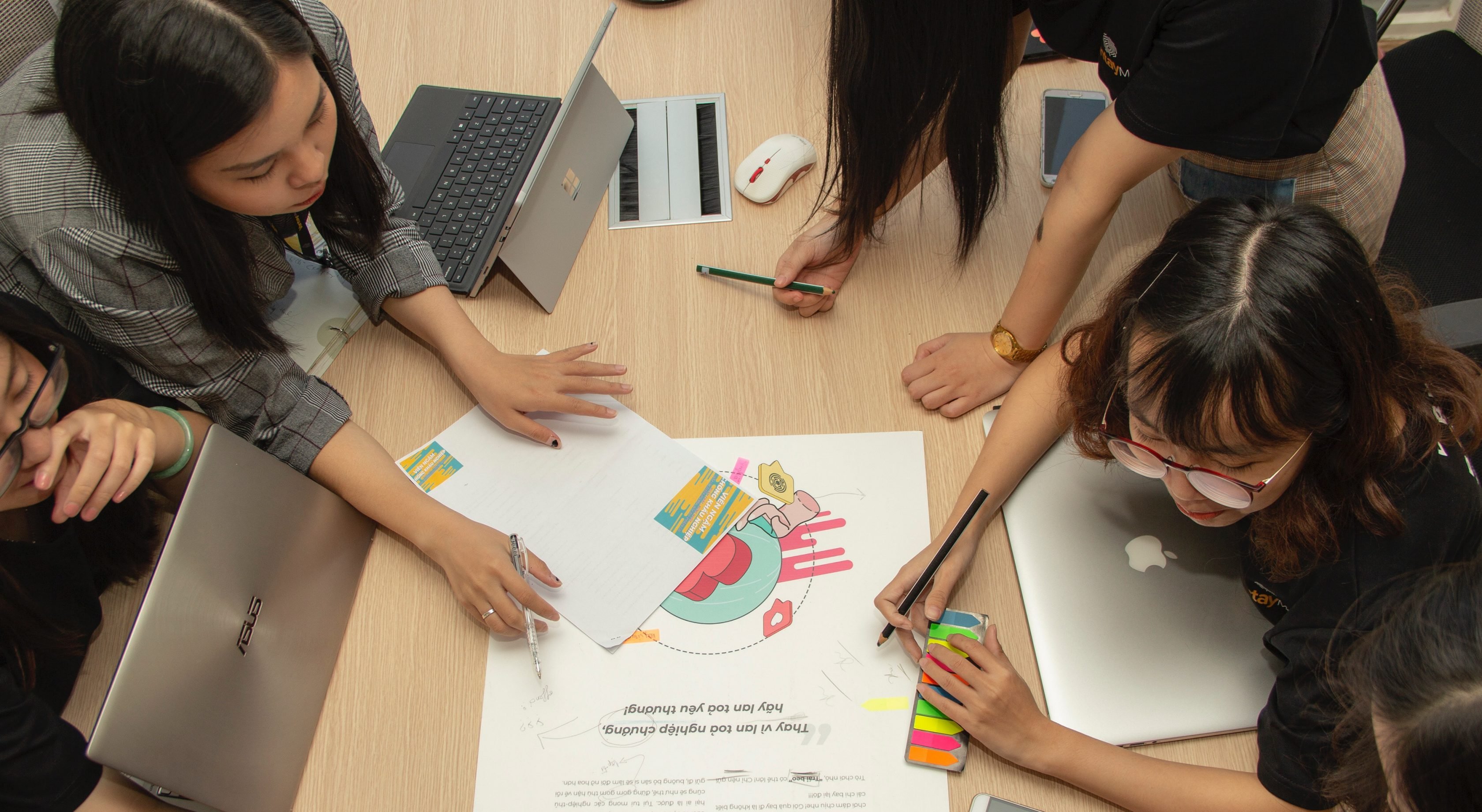Financial literacy is the knowledge and skills necessary for making sound financial decisions. Learning how to manage resources, save, invest, spend and care for the environment with consumer and investment choices has never been more impactful. In a volatile, complex and ambiguous environment, such as the one the next generations will face, it is increasingly important to arm individuals and communities with the necessary toolbox to thrive in uncertain times.
Financial literacy – and the skills and knowledge that come with it – helps break the cycle of poverty as it empowers vulnerable individuals with the confidence and power to make better financial decisions and promote long-term planning that ultimately leads to improved socio-economic conditions. Financial literacy is therefore a catalyst for economic mobility – this knowledge opens doors to navigate the financial system – and for opportunities such as access to credit, entrepreneurship insurance – and even homeownership. This, in turn, helps the next generations be a step ahead in terms of social mobility.
Lack of financial literacy increases the vulnerability of underprivileged groups as it increases the chances of falling victim to predatory financial scams or high-interest loans – which may lead to a cycle of debt and financial insecurity. Therefore, financial literacy fosters long-term financial stability as it empowers individuals to protect themselves against unexpected setbacks, to reduce financial stress, and lays the foundation for a financially secure future.






